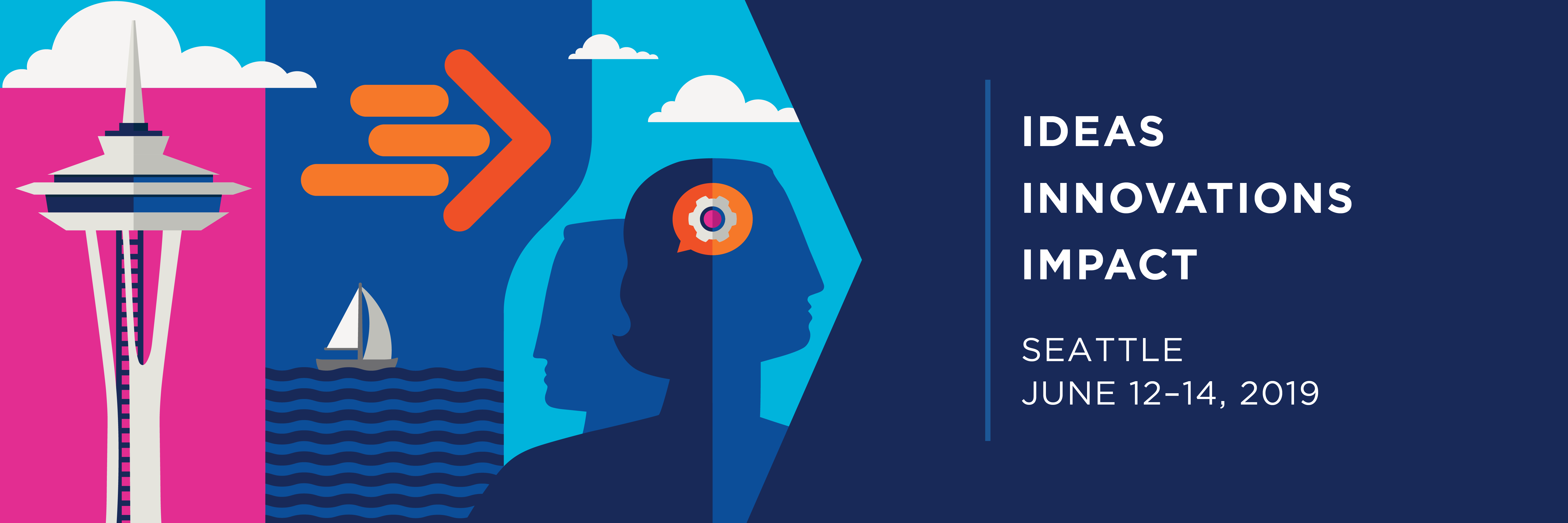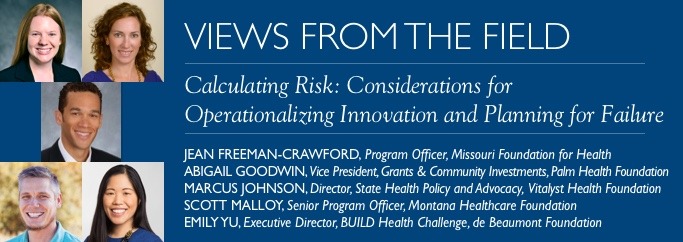The Role of Arts and Culture in Health
Grantmakers in the Arts believes that arts and culture deserve public and philanthropic support because they have both intrinsic value and social value.
Reflections on Good Deeds Done Well
As funders and leaders of philanthropic support organizations, we have been given great responsibility and trust to do our best for those we encounter in our work, similar to the responsibility and trust given to the physicians, nurses, and technicians who deliver health care.
New Tools to Combat Ageism
The idea that we live in a rapidly aging society is not news, but here is an important fact: in ten years (by 2030), the United States will have more people over the age of 65 than children under 18 for the first time in its history. And yet, our society has not responded to the opportunities or the challenges that this change provides.
EITC Pooled Fund: Lessons on Ideas, Innovation and Impact
Since 2011, Economic Opportunity Funders (EOF) has been working to increase public support for state EITCs through the EITC Pooled Fund (The Fund). We provide a table around which multiple funders can align support to work on an area of mutual interest, and a mechanism by which funders can quickly and collaboratively deploy funding to help meet the needs of the field.
Calculating Risk: Considerations for Operationalizing Innovation and Planning for Failure May 2019
Philanthropy’s greatest freedom is, perhaps, the freedom to fail. This insight, stated in Terrance Keenan’s monograph (2000), “The Promise at Hand: Prospects for Foundation Leadership in the 1990s,” sparked robust dialogue during the 2018 Terrance Keenan Institute (TKI) for Emerging Leaders in Health Philanthropy.


